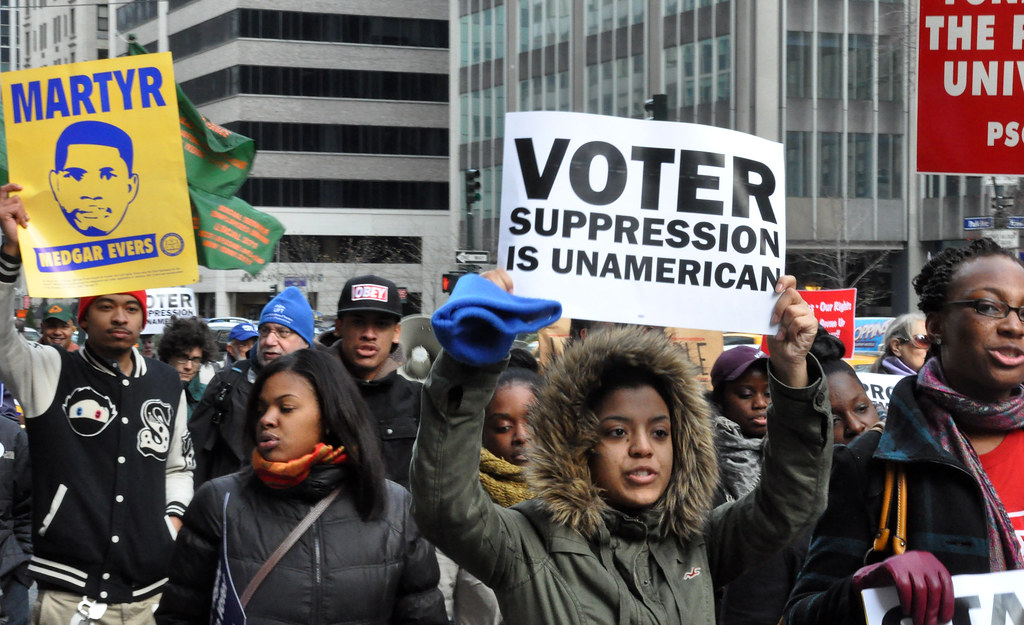 This month we celebrate Black History Month, a time to acknowledge the sacrifices of countless African Americans for all they’ve done to make this country a fairer place, as well as the many contributions they’ve made to American society.
This month we celebrate Black History Month, a time to acknowledge the sacrifices of countless African Americans for all they’ve done to make this country a fairer place, as well as the many contributions they’ve made to American society.
Originally, Black History Month started out as Negro History Week, which was established by Dr. Carter G. Woodson, the second African American ever to receive a doctorate from Harvard. He chose the second week of February because it held the birthdays of two figures integral to the abolishment of slavery: Abraham Lincoln and Frederick Douglass.
Negro History Week didn’t develop into Black History Month nationwide until 1976, when it was formally sanctioned by President Gerald Ford. The theme for this year’s Black History Month is “African Americans and the Vote” to commemorate the 150th anniversary of the 15th Amendment, which gave black men the right to vote.
However, when the 15th Amendment first passed, Jim Crow laws disenfranchised many who were supposed to be eligible to cast their ballot. For decades, this went on. But in the 1950s, the Civil Rights Movement emerged, finally granting black people the freedom to vote.
After years of activists protesting, leading demonstrations, and enduring the violence that racism produced, President Lyndon B. Johnson finally signed the Voting Rights Act into law in 1965. This dramatically changed voter turnout, increasing black voter participation in Mississippi from 6%to 59%in the first few years after its passing.
Unfortunately, voting rights are still being infringed upon today. In 2013, the Supreme Court ruled it “unconstitutional” to require states with a history of voter suppression to get federal approval to in order to change their voting laws. Following this decision, several states began to pass new restrictions on voting. The legacy of the Civil Rights movement shows us just how important it is to take a stand for what is right.
Voter suppression is something that many legislators and organizations are fighting to reform. To learn more, click here.



